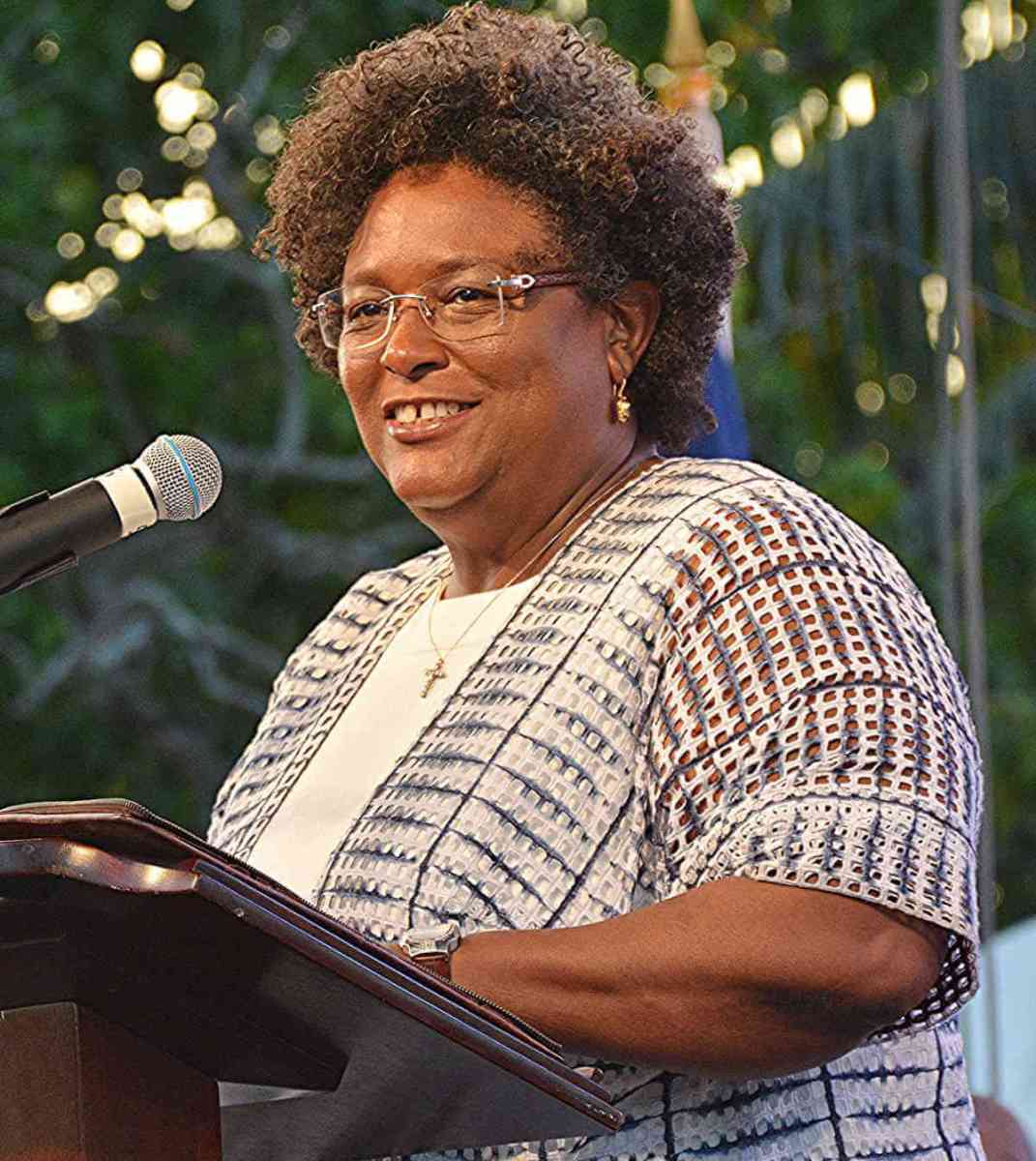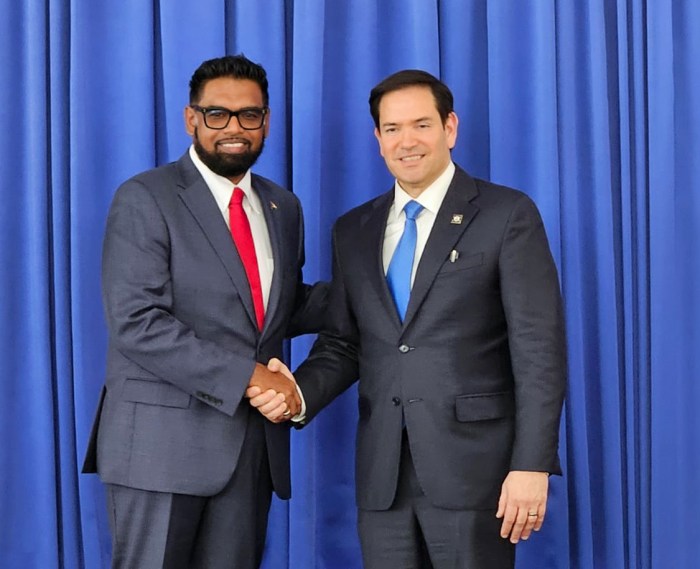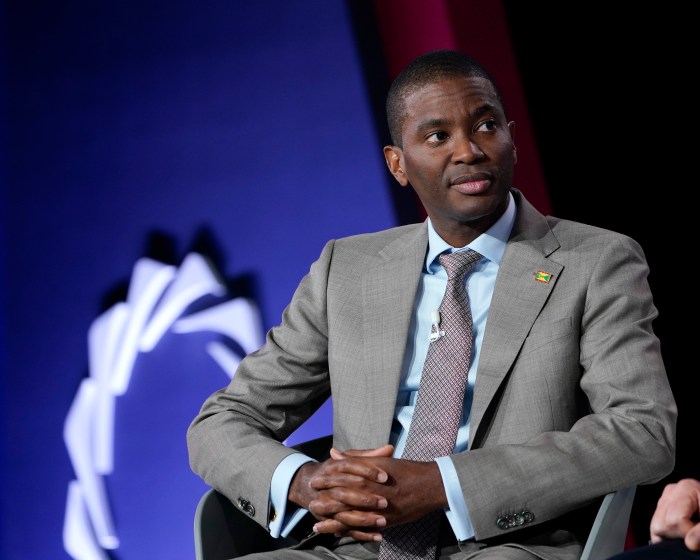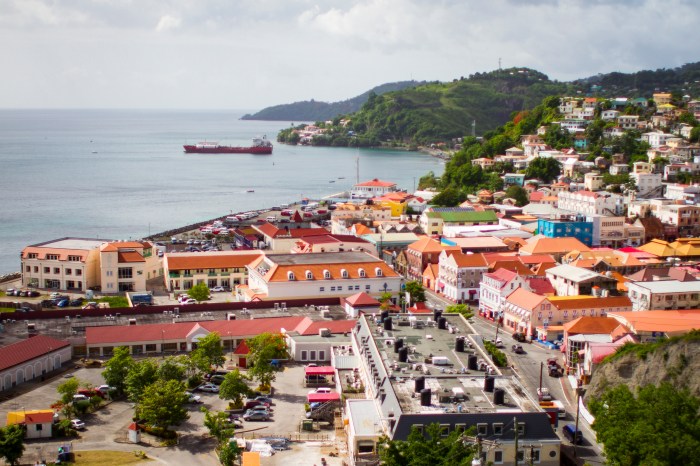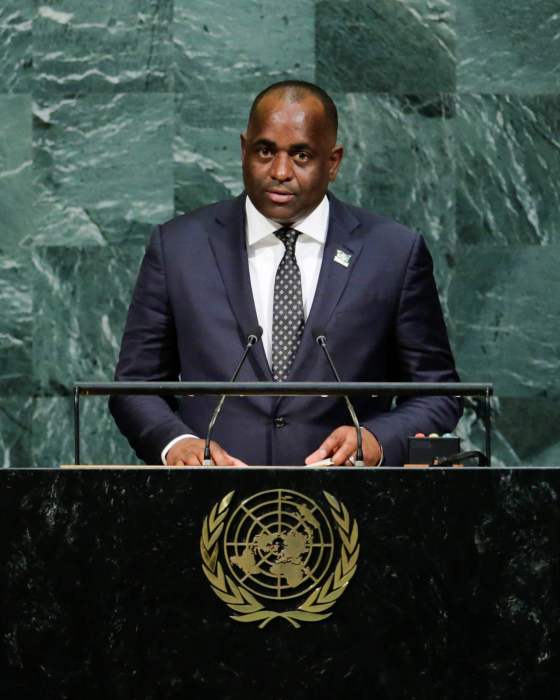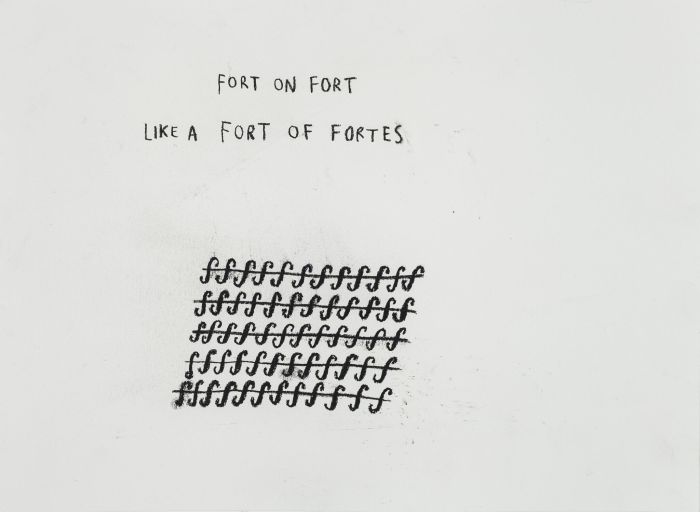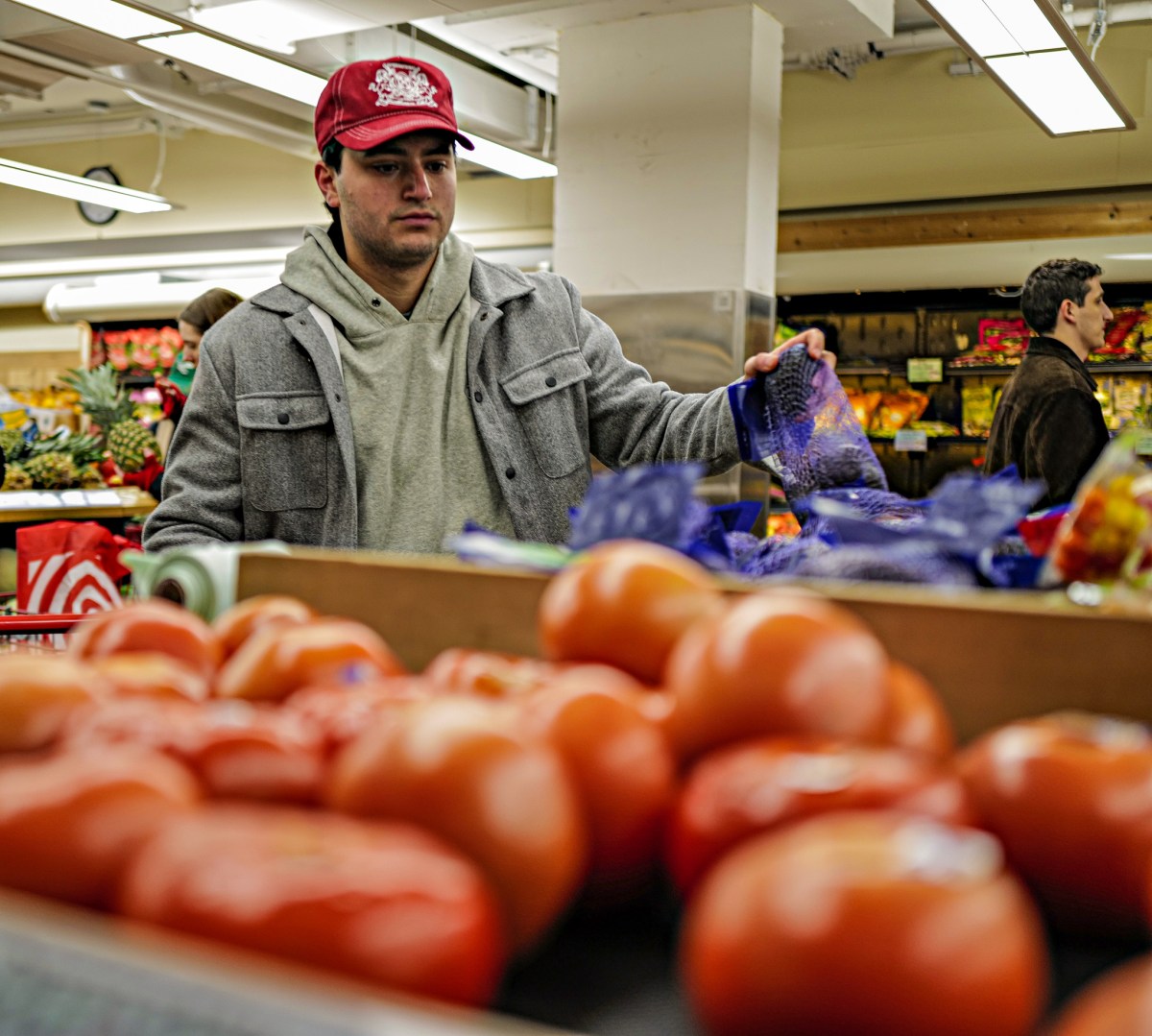Uncertainty of the level of impact of Tropical Storm Dorian on Barbados until the cyclone was over the island Monday night has prompted Prime Minister Mia Mottley to say it is time that the region secures control of its own ‘Hurricane Hunter’ plane.
As the storm gathered strength just south of Barbados the island’s weather forecasters had been depending and publishing bulletins from the United States National Hurricane Centre through the National Oceanic and Atmospheric Administration (NOAA).
On Sunday when she announced, based on NHC predictions of the storm’s arrival time, that the island will have a national shut down at noon Monday, Mottley said that time for a halt of all business and residents seek safety in homes or shelters could be changed based on what the US agency’s Hurricane Hunter found later that evening.
Hurricane Hunters are specialised aircraft that usually fly into the eye of an oncoming storm to collect data that help in determining its strength, speed and landfall probabilities along with other research data.
NHC reports along with that of the local meteorological office caused the Barbados shut down time to be pulled back by two hours to 10am Monday.
The storm passed over Barbados around 8 pm Monday in a much more weakened state than anticipated because of other intervening atmospheric conditions.
Officials reported that the major incidents amounted to several fallen trees, one house roof being damaged, and interruption of electricity and water supplies to some districts.
“It defies rational explanation. Everything about it suggested Barbados should have had significant damage,” Mottley said Tuesday morning as she and her team announced that the island was again open for business.
Officials in Barbados were not the only one anticipating a major impact as St. Lucia had gone on a hurricane watch, while there were tropical storm warnings for Martinique and St. Vincent and the Grenadines, Grenada and Dominica.
After Dorian passed over Barbados in a weakened state, all the alerts in the other islands were downgraded.
Martinique so far appears to have suffered the worse with heavy rainfall.
“We need to improve how we plan for these events,” Mottley said. “We wait for the National Hurricane Centre to be able to send a Hurricane Hunter into the system. The ones that went into this system went for research purposes of their own. And therefore, the data that we expected or hoped to come was not there.”
“We are satisfied that we have reached the point where we have to take responsibility for our own affairs,” she said pointing out that as a US agency NHC is more concerned with the impact storms will have on American land than the Caribbean.
In fact, days before the storm hit Barbados, NHC reports appeared to be stressing the likelihood of it hitting the US territory of Puerto Rico though there lay eight island states and one British dependency in the way.
“We believe working with our partners, countries in the region, especially in the Eastern and Southern Caribbean that we’re going to need to find ways to commission for our own selves [a Hurricane Hunter],” Mottley said, adding that given this region’s limited financial resources, “you don’t need to own an airplane to commission and charter it to go and do the work.”
She said there must be a change to “our whole approach to how we treat the accuracy and understanding of the intensity of the weather systems — and for Barbados in particular because we are the first landfall.”
“This is our new normal in a world of climate change. This is something that we are going to get accustomed to because the intensity of storms, the regularity of storms and hurricanes will significantly increase, therefore we have to be able to get more accurate data,” the Barbadian leader said.


